Box for Rent or Cellar - Which is the best option for your storage in Switzerland?
Why compare storage options: box or cellar?
Many people in Switzerland quickly find themselves running out of space to store their belongings, whether they’re moving house, renovating or simply clearing out the clutter. The most common alternative is to turn to a cellar or rent a storage unit.
The aim of this article is to help you assess the advantages and disadvantages of each solution, so that you can make an informed choice for your storage.
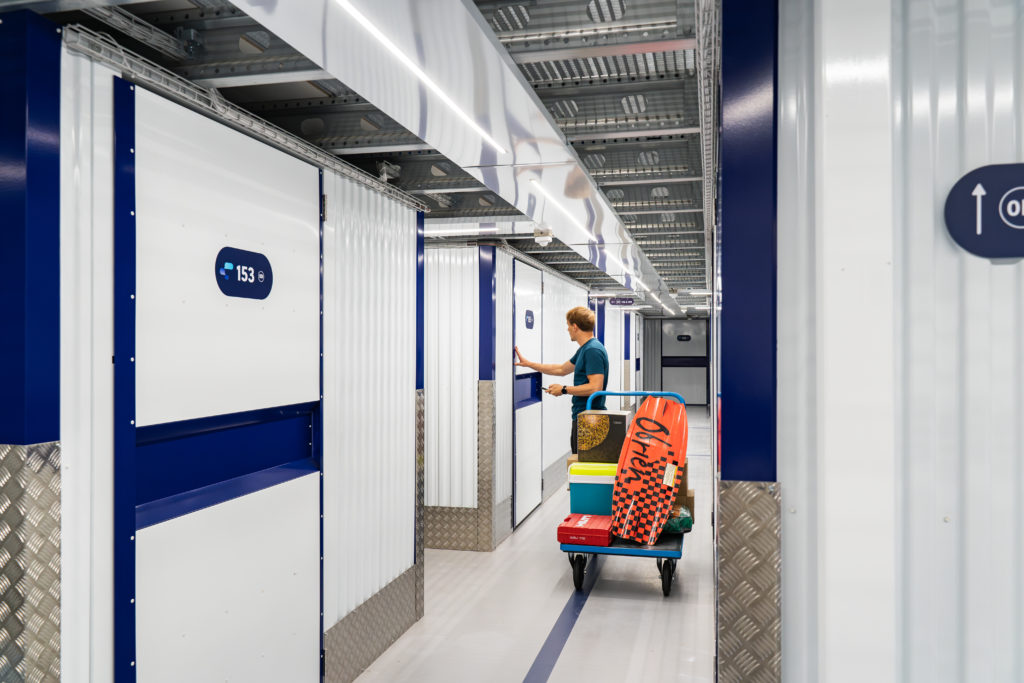
Overview of the Swiss storage market
The storage market in Switzerland is booming, mainly thanks to the concept of self-storage (or furniture storage), which is attracting more and more private individuals looking for flexibility and security, as well as professionals needing temporary space for their goods, archives or seasonal equipment. This trend is driven by an increasingly mobile lifestyle, growing urban density, and the growing need to optimize available square meters at home or in the office.
These storage centers offer a wide range of storage units to suit a variety of needs: temporary storage during a move, storage of furniture or sports equipment, safekeeping of sensitive documents, or storage of seasonal items such as Christmas decorations or winter tires. Their size is modular, ranging from small spaces of 1 m³ to large volumes capable of holding the entire contents of an apartment.
These facilities are often equipped with advanced security systems (video surveillance, alarms, access badges), dedicated customer service, extensive access facilities (sometimes 24/7), and even additional services such as the sale of packing materials or the rental of utility vehicles.
At the same time, many homes in Switzerland have a private cellar, usually located in the basement and included in the lease. These cellars offer a simple, cost-effective storage solution. However, they do have some important limitations: they are rarely ventilated, can be subject to damp, lack natural light, and may even have security problems (no reliable lock, uncontrolled common access).
What’s more, their size and configuration are fixed, making it impossible to adapt the space according to requirements. This can be particularly problematic when storing bulky or sensitive items. Finally, access to these cellars is sometimes restrictive (stairs, no elevator, narrow corridors), making it tedious for users to go back and forth.
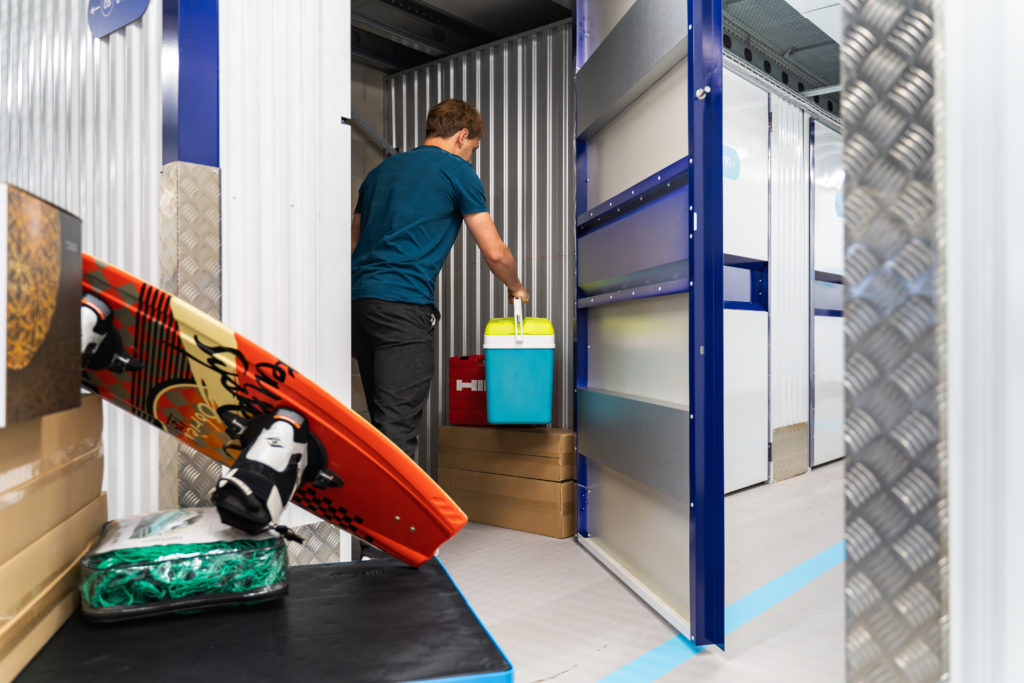
Advantages of box rental
Enhanced safety
Most storage centers are equipped with state-of-the-art security features, such as continuous camera surveillance, motion detection systems, intruder alarms, and personalized digital access controls (badge, PIN code or biometric recognition). This infrastructure provides a level of protection far superior to that offered by a domestic cellar, which is often vulnerable to break-ins or accidental intrusions. Some centers even have on-site staff or 24-hour remote monitoring services, to guarantee constant security.
Adapted spaces
Boxes are available in a wide range of sizes, from a few cubic meters to several dozen. This flexibility means you can tailor the space you rent to your actual needs, whether you’re storing a few boxes or a whole apartment’s worth of furniture. Some centers go even further, offering air-conditioned or ventilated storage units, ideal for sensitive items such as works of art, paper documents, electronic equipment or musical instruments. The interior is often clean, dry, well-lit and regularly maintained to guarantee optimal storage conditions.
Flexible accessibility
One of the major advantages of self-storage is that you can access your space at any time. In fact, many centers offer 24/7 access, providing great flexibility, especially for professionals or people with staggered working hours. What’s more, the layout of the sites allows convenient access by car, sometimes right up to the foot of the unit, making it easy to load and unload goods, without stress or time constraints.
Disadvantages of box rental
Potentially higher costs
The cost of renting a storage unit can be significantly higher than that of a cellar, especially in urban centers such as Geneva, Lausanne or Zurich, where demand is high and space is limited. This cost is explained by the services included (security, accessibility, maintenance), the flexibility offered and the quality of the facilities. On top of the monthly rent, additional costs may be incurred, such as compulsory insurance, the rental of security padlocks, or administrative fees linked to the opening of the contract. In the long term, these expenses can represent a substantial budget if they are not anticipated.
Locations sometimes far from home
Depending on where you live, the nearest storage centers may be on the outskirts of town or in industrial zones, which may mean you have to travel by car. This can be very inconvenient if you need to access your belongings on a regular basis, particularly if you’re in business, or if you store frequently-used items. However, some centers offer shuttle or delivery services to alleviate this constraint, but this represents an additional cost.
Lease contracts and conditions
Although most self-storage providers offer flexible contracts, it’s essential to read the terms and conditions carefully. Some offers require a minimum commitment period (one month, three months or even longer), or impose a strict notice period to terminate the contract. You should also check the clauses relating to insurance, access conditions (opening hours, exceptional closures) and penalties for late payment. The transparency of conditions varies from one supplier to another, and it’s important to ask all the necessary questions before signing.
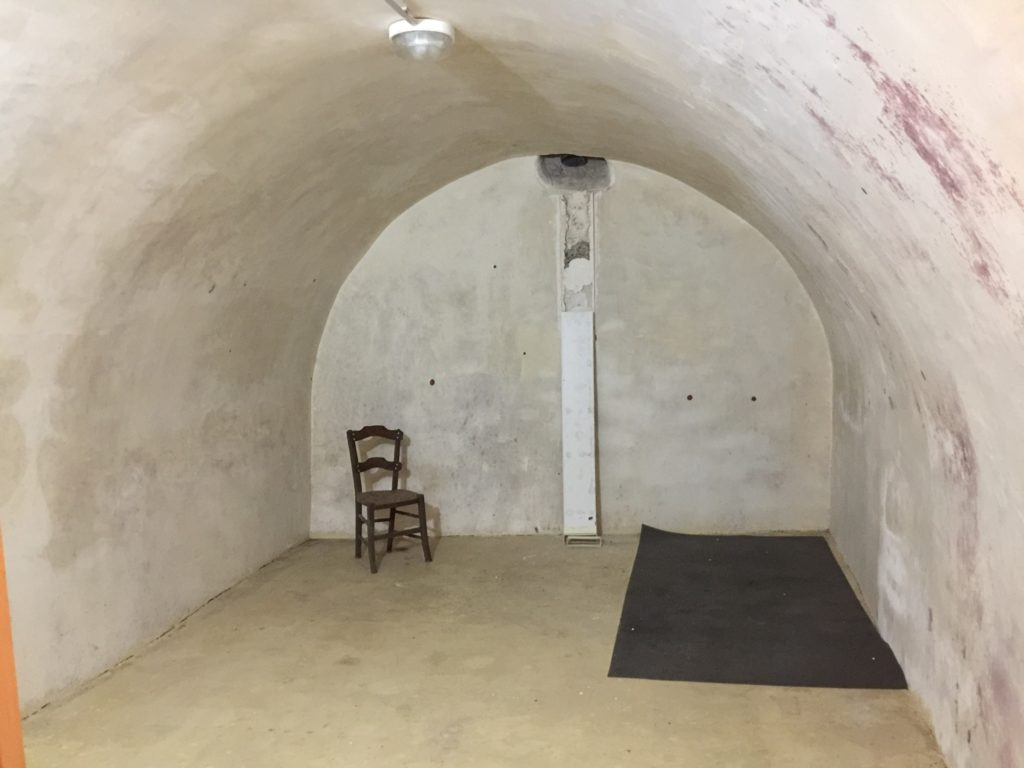
Advantages of a traditional cellar
Proximity
If you live in a building with a cellar, you benefit from immediate access without having to travel too far. This is particularly important for the elderly, families with children or people with reduced mobility. Being able to access your storage space without having to take the car or plan a trip is a major advantage in everyday life. It also allows you to manage your storage space spontaneously and flexibly, dropping off or picking up items as the need arises.
More affordable budget
The cost of a cellar is often included in the rent, or remains low, which can be an economical solution. Unlike self-storage centers, which charge by the m² or m³, the use of a cellar is generally free of charge. This makes it an attractive option for students, young professionals or anyone on a limited budget. Even if the surface area is small, the monthly savings can be significant over the long term.
Administrative simplicity
Generally speaking, no complex formalities are required, as the cellar is directly linked to the lease on the apartment or house. There’s no need to sign an additional contract, provide documents or manage complicated logistics. Once the lease has been signed, you automatically have access to the cellar, which reduces the number of formalities and avoids additional costs. This simplicity appeals to those looking for a storage solution that’s easy to set up, with no special conditions or contractual commitments.
Disadvantages of a traditional wine cellar
Limited safety
Building cellars rarely have an effective security system. Locking is often rudimentary, with simple locks or padlocks that can be easily bypassed in the event of an intrusion attempt. What’s more, access to basements is frequently shared between several residents, which means more people coming and going, and makes it harder to control who is authorized to enter. In the absence of video surveillance or automatic lighting, basements remain dark, unguarded areas, considerably increasing the risk of theft, vandalism or intrusion.
Humidity and climatic variations
Cellars can be subject to groundwater infiltration, excessive ambient humidity, and significant temperature variations between winter and summer. These conditions create an unfavorable environment for the preservation of goods, especially sensitive materials such as paper, textiles, leather, electronics and musical instruments. Mould, odours and even rust can quickly appear if ventilation is inadequate or non-existent. It is therefore advisable to avoid storing fragile or valuable objects without adequate protection.
Difficult access
In many older buildings, access to the cellar is limited to narrow, sometimes poorly-lit or slippery staircases, making it difficult to handle bulky furniture, household appliances or heavy boxes. The absence of a freight elevator or elevator makes this operation even more difficult for the elderly or those with reduced mobility. When you have to make several trips back and forth with a vehicle parked outside, the process quickly becomes tedious and time-consuming, especially in winter or when it’s raining.
Fixed, limited surface area
Cellar sizes are generally defined when the building is built and cannot be changed. If storage needs change, it is often impossible to get more space without moving. This forces users to stack items or forego storing certain items. What’s more, the layout of the premises (low ceilings, columns, piping) can limit the practical use of the entire available volume. Nor is there the option of compartmentalization or partitioning as in modern self-storage centers.
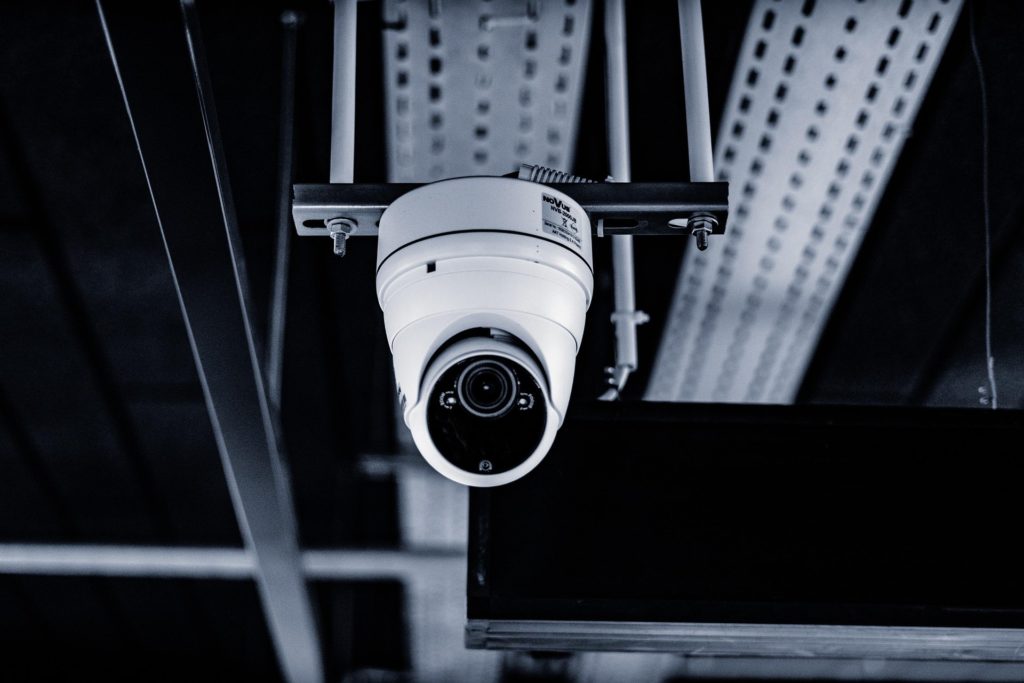
Safety and insurance
In a cubicle
Stored goods may be covered either by specific insurance taken out with the storage service provider, or by an extension to the customer’s household insurance. It is crucial to check the exclusions of coverage (maximum insured value, types of items covered, declaration conditions).
In a cellar
In principle, home insurance covers goods stored in the cellar, but with significant limitations, especially in the event of water damage, damp or burglary. We recommend that you contact your insurer to adjust your policy if necessary.
Best practices
- Never store directly on the floor: use pallets or shelves.
- Make an inventory and take photos: For each item stored.
- Avoid storing high-value items: In an unsecured area.

Selection criteria
Before deciding between a storage unit or a cellar, it’s essential to take the time to think about your real needs, your personal constraints and the type of goods you wish to store. The right choice depends on a series of factors which, when combined, will naturally guide you towards the most suitable solution.
- What is my maximum monthly budget: For storage space? Can I assume a fixed cost over several months if need be?
- How often do I need to access my property? Is it once a month, once a week or daily?
- Are the items to be stored fragile or sensitive to humidity, or do they have significant sentimental or financial value?
- Do I need this solution for a very short period (a few days to a few weeks) or for a long period (several months to several years)?
- Am I prepared to drive 15 to 30 minutes: to get to my stuff if it guarantees a clean, safe and well-organized place? Or is this a major logistical obstacle for me?
- Do I need additional accessories or services (air conditioning, freight elevator, parking, parcel delivery)?
The choice between cellar and box will vary according to your profile:
- A private individual: needing to store sports equipment, cardboard boxes or seasonal belongings will probably prefer the practicality of a cellar.
- Professionals: those wishing to store fragile equipment, expensive tools or sensitive archives should opt for a secure storage unit with optimum preservation conditions.
Finally, don’t forget to anticipate your future needs: it’s better to choose a solution that gives you room to grow, rather than having to change midstream for lack of space or accessibility.

Box or cellar: which solution is right for you?
If you need occasional storage space that’s inexpensive, easy to access and located right next to your home, a cellar may be all you need. It’s particularly well-suited to everyday items such as seasonal belongings, boxes of personal archives, suitcases and sports equipment. It offers considerable logistical convenience, especially for apartment-dwellers who want quick access to their belongings without having to move or take out an additional contract.
On the other hand, if your belongings are valuable, require special storage conditions (stable temperature, protection against humidity) or if you need regular access to them at various times, a storage unit is highly recommended. Storage units are also ideal for bulky objects, professional equipment or collections requiring a clean, ventilated and secure space.
The best thing to do is to compare the offers available locally, both online and by visiting the storage centers. Don’t hesitate to ask for recent photos, carefully read the contractual terms and conditions, and ask questions about the insurance included, access arrangements, or additional charges. This preparatory work will enable you to avoid unpleasant surprises and opt for the solution that really meets your present and future needs.
In short, choosing between a cellar and a box depends on several factors:
- The volume and nature of the goods to be stored.
- Frequency of access.
- The desired level of security.
- Storage duration.
- The allocated budget.
For short-term, low-stake storage, the cellar remains a practical option. For long-term storage or sensitive goods, a storage unit is clearly recommended.
Take the time to define your needs before committing yourself. And don’t hesitate to compare offers near you!
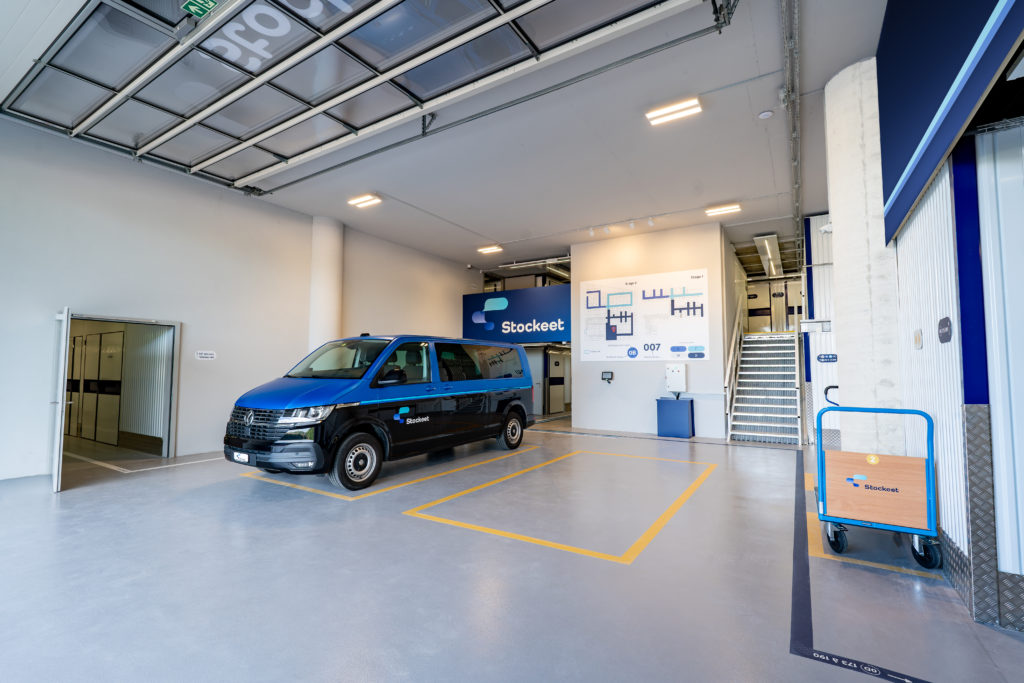
Stockeet: a modern, secure alternative to traditional cellars
Stockeet is a Swiss player specializing in self-storage, with modern, clean and secure sites. It offers:
- Stalls from 1 m³ to over 20 m³, to suit all profiles.
- Free access 7 days a week, often from 6am to 10pm.
- Transparent rates with no hidden charges.
- Fast online booking and responsive customer service.
Stockeet’s plusses :
- 24-hour video surveillance and personalized access badges.
- Dry, ventilated, well-lit and well-maintained premises.
- Promotional offers for new customers.
📞 Contact Stockeet on 021 800 30 00 for a free estimate or a no-obligation visit.


